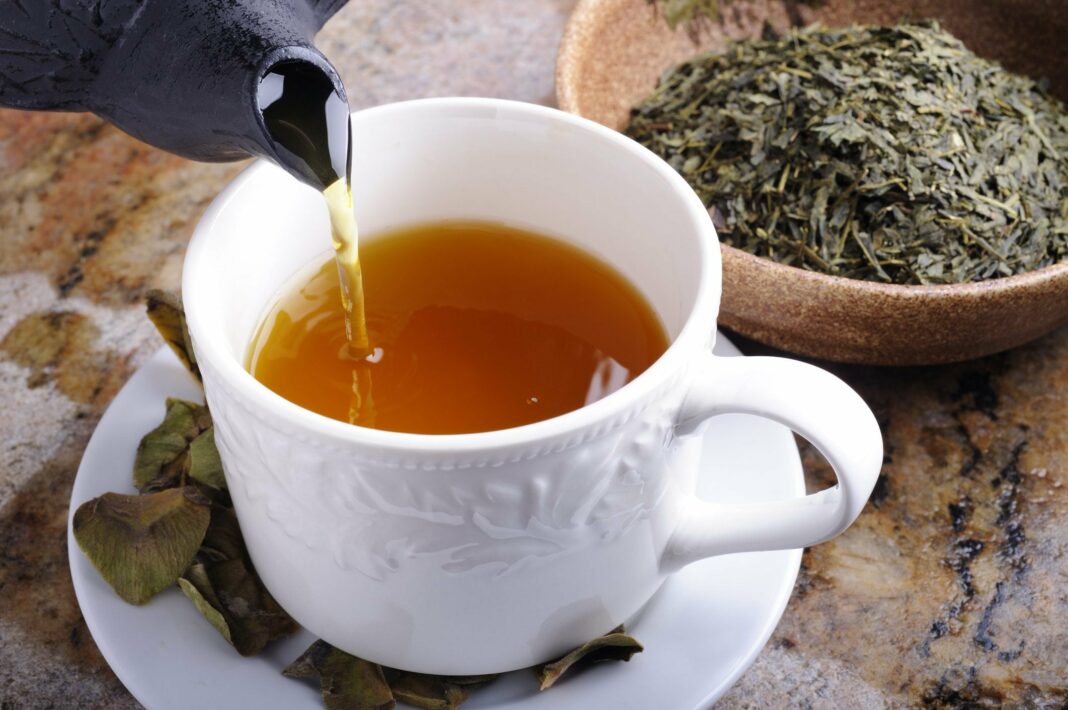Tea, a beloved beverage enjoyed around the world for its diverse flavors and soothing properties, can be brewed using either hot or cold water, each method offering unique characteristics and advantages.
Hot Brew Tea Vs. Cold Brew Tea
The brewing method differs between hot and cold tea preparations. Hot tea is typically brewed using boiling water, which facilitates rapid extraction of flavor and aroma from the tea leaves. Steeping times vary depending on the type of tea and desired strength.
In contrast, cold tea can be brewed using various methods, including cold brewing and flash chilling. Cold brewing involves steeping tea leaves in cold water for an extended period, usually several hours or overnight, to extract flavors slowly without heat. Flash chilling involves brewing hot tea at double strength and then rapidly cooling it down by pouring it over ice.
Below, we delve into the differences between brewing tea with hot and cold water, exploring the nuances in flavor, aroma, extraction, and health benefits. 1. Flavor and Aroma When brewing tea with hot water, the flavors and aromas are typically more pronounced and intense. The heat helps to extract essential oils and compounds from the tea leaves, resulting in a rich and robust brew. Hot water is ideal for brewing traditional teas such as black, green, oolong, and herbal teas, allowing for the full expression of their complex flavor profiles.
In contrast, brewing tea with cold water produces a milder infusion with a smoother taste. Cold water extracts fewer tannins and caffeine from the tea leaves, resulting in a beverage that is refreshing and subtly flavored. Cold-brewed teas are known for their delicate and nuanced taste, making them perfect for light and fruity teas like white tea, jasmine tea, and fruit-infused blends. 2. Extraction Process The brewing process differs significantly between hot and cold water methods. When using hot water, tea leaves release their flavors and nutrients more quickly due to the higher temperature. This rapid extraction process is why hot tea typically requires shorter brewing times, ranging from a few seconds to a few minutes, depending on the type of tea and desired strength.
On the other hand, cold brewing is a slow and gentle process that takes several hours or even overnight. The cold water gradually extracts the flavors and compounds from the tea leaves, resulting in a subtle yet nuanced brew. Cold-brewed teas are often prepared in advance and refrigerated for later consumption, allowing for a convenient and hassle-free brewing method. 3. Health Benefits Both hot and cold-brewed teas offer a myriad of health benefits, thanks to their rich antioxidant content and hydrating properties. Hot tea is known for its ability to soothe the throat, aid digestion, and boost metabolism, making it an excellent choice for cold winter days or after meals.
Cold-brewed tea, on the other hand, is prized for its refreshing and hydrating qualities, making it perfect for staying cool and quenching thirst during hot summer months. Cold-brewed teas are also less acidic than their hot counterparts, making them gentler on the stomach and suitable for those with sensitive digestive systems. 4. Versatility One of the greatest advantages of brewing tea with hot or cold water is its versatility. Hot tea can be enjoyed on its own or customized with milk, sugar, honey, or spices to create comforting and indulgent beverages like chai lattes or matcha lattes. Cold-brewed tea, on the other hand, can be mixed with fruit juices, herbs, or sparkling water to create refreshing iced teas, spritzers, or cocktails.
